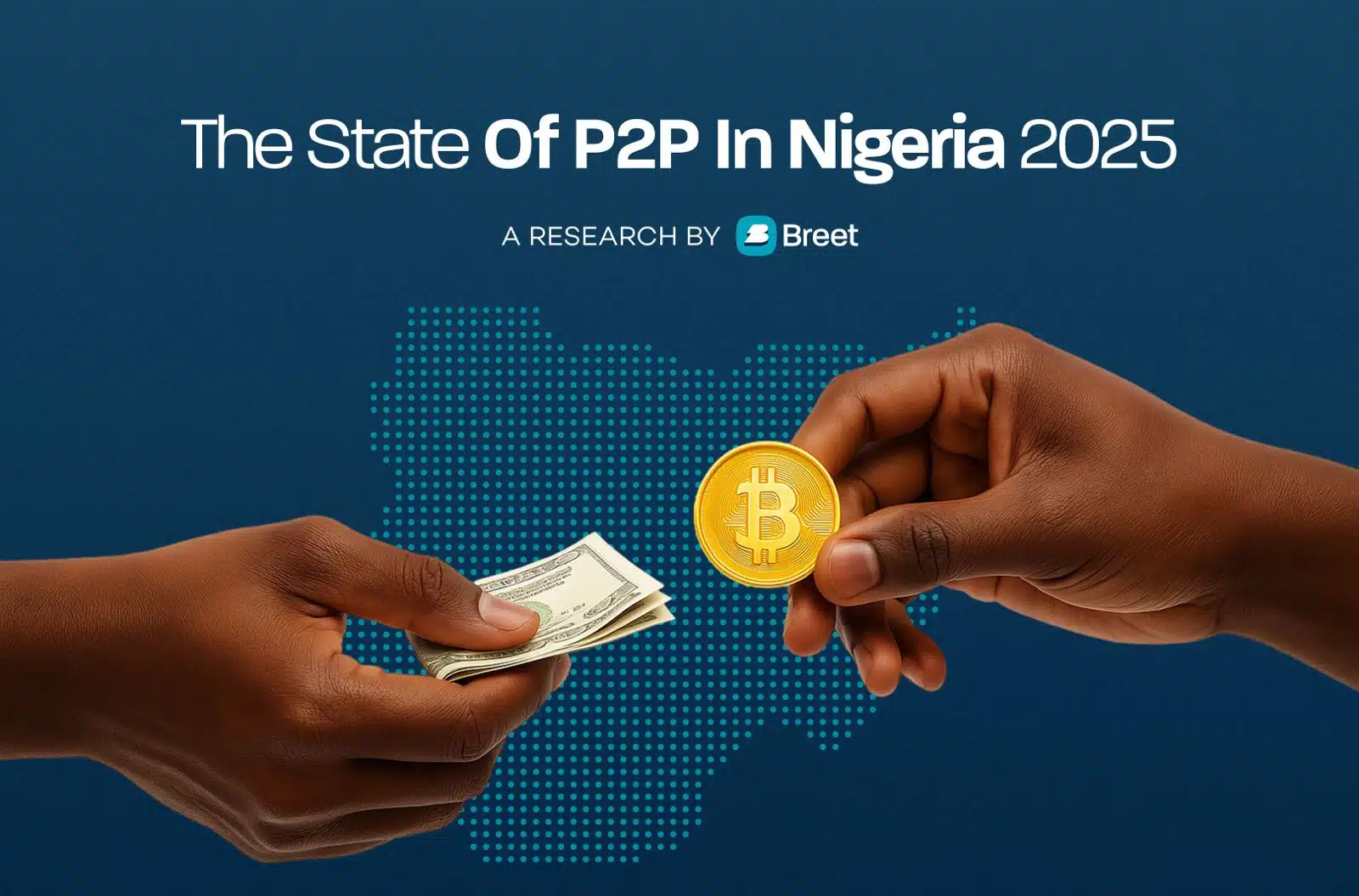cNGN, Africa’s first regulated stablecoin, has secured significant investment from Adaverse, a Riyadh-based Venture Capital firm, thanks to its rapid adoption and expanding transaction volume.
Launched in February 2025, cNGN’s adoption and transaction volume have consistently climbed, reaching 600 million minted tokens in July, up from 66.1 million tokens in February.
Vincent Li, Founding Partner at Adaverse, commented on LinkedIn, saying, “We’re excited to be investing in the team behind Africa’s first regulated stablecoin, cNGN. cNGN entered the market in February as Africa’s homegrown answer to US dollar-dominated stablecoins.
“Sub-Saharan Africa leads global stablecoin adoption at 9.3%, and Nigeria alone has 26 million users. However, most adoption was previously happening through offshore tokens like USDT and USDC.”
Li added that African users needed something built for local needs, explaining the primary objective behind the creation of the stablecoin.
cNGN’s unique position as Africa’s regulated stablecoin has attracted support from Nigerian banks, fintechs, and regulators, underlining its central role in the region’s financial evolution.
Further expanding cNGN‘s utility, Xend Finance launched a feature allowing investments in short-term Nigerian securities.
The cNGN became fully SEC-compliant after receiving Approval-in-Principle (AIP) from the Nigerian Securities and Exchange Commission (SEC) on August 29, 2024. This was granted under the Accelerated Regulatory Incubation Program (ARIP), before its public launch in February 2025.
Africa’s first regulated stablecoin
A 2024 Chainalysis report revealed that Africa has the highest stablecoin adoption rate globally, at 9.3%, with Nigeria’s 25.9 million users leading the way in stablecoin adoption.

Victoria Fakiya – Senior Writer
Techpoint Digest
Stop struggling to find your tech career path
Discover in-demand tech skills and build a standout portfolio in this FREE 5-day email course
In sub-Saharan Africa, stablecoins account for 43% of crypto transaction volume, with Nigeria leading at $22 billion in transactions.
By the second quarter of 2025, the total global market capitalisation of stablecoins had reached $230 billion. During this period, Africa’s share grew rapidly due to the continent’s expanding utility of stablecoins.
In Africa, Stablecoins are used for a variety of purposes, including payments, remittances, and as a hedge against inflation.
Before cNGN’s arrival, the stablecoin market was dominated by Tether (USDT) and Circle (USDC), two global powerhouses.
cNGN joined the fray after its launch, becoming the first African regulated stablecoin to secure SEC compliance.
Uyoyo Ogedegbe, Managing Director at Wrapped CBDC Limited, told Adaverse in a recent interview that cNGN is privately issued, fully backed 1:1 by naira reserves, and operates on public, open blockchain networks.
He contrasted, “CBDCs like the eNaira are issued and controlled by the Central Bank on a closed, permissioned blockchain.”
Uyoyo further explained that this difference changes everything, from accessibility to how the token can be used, distinguishing cNGN from the eNaira.
In his interview with Adaverse, Uyoyo outlined the primary use case of the cNGN.
P2P traders can use the indigenous stablecoin to swap USD stablecoins and naira more efficiently. The cNGN can also be used for savings and yield products (up to 20% p.a. on Xend Finance).
The project facilitates cross-border payments via Muda, Noblocks, and Fincra, and virtual and physical debit cards from Web3 neobanks
Positive numbers all round
From a data-driven perspective, cNGN’s steady growth since launch justifies its broad financial and regulatory support.
Uyoyo explained that they are seeing more day-to-day transactions, not just large transfers, and that incentives from reserve yields are shared with distributors to drive adoption.
The cNGN project saw significant increases in minted tokens after its launch. On February 13, 2025, 66.1m cNGN were minted, which increased to 60m by July 22, 2025, demonstrating robust adoption during this period.
In terms of on-chain activity, cNGN records significant numbers with 811 wallet addresses and 55,198 online transactions as of Q3 2025.
Concurrently, total trading volume stands at 16.8 billion, with a 24-hour trading volume of 246.9 million according to its official website.
These results underscore cNGN’s steady growth and rising adoption, validating new investments and recent partnerships.
Controversies and criticism
The cNGN project is not without its challenges, as listing across major exchanges remains a significant hurdle.
The Africa Stablecoin Consortium (ASC) reportedly held talks with Yellow Card to list cNGN, Africa’s first regulated stablecoin.
The exchange confirmed holding discussions with the consortium but declined the offer, citing various reasons.
Currently, cNGN is listed on indigenous Nigerian exchanges, Busha and Quidax. However, the stablecoin has yet to secure a listing on a Pan-African exchange that serves the broader African market.
Jason Marshall, CEO of Yellow Card, cited capital backing and verified reserves as the minimum requirements for listing, stating that the company takes regulatory projects seriously but remains selective in its approach.
Uyoyo Ogedegbe declined to comment on recent funding and other developments as of press time.











